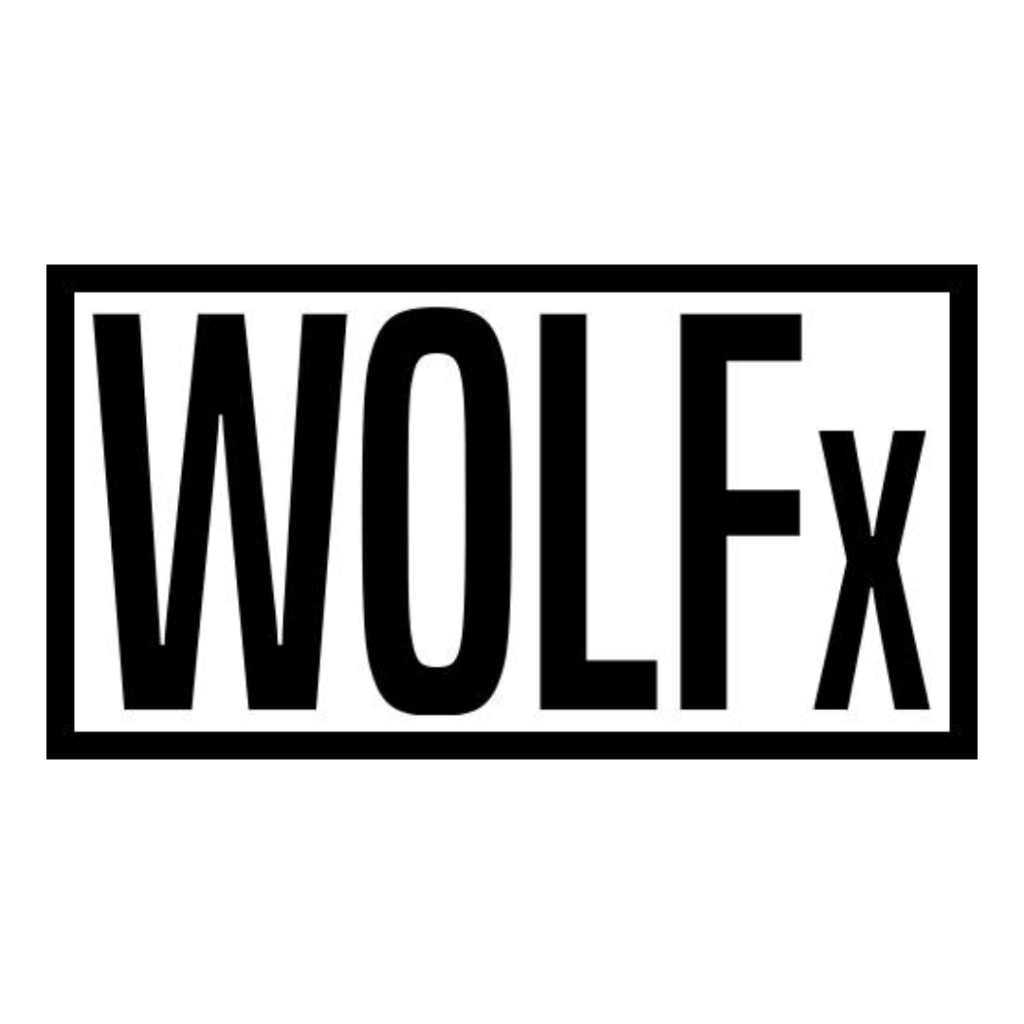Django Web Development
An introductory guide about Django web development
all
django
web
development

Introduction: What is Django web development?
Django is an extremely high-level Python web application framework. It facilitates the rapid creation of secure and stable websites. It was developed by experienced developers. Django handles a lot of the issues associated with web development, which means you can concentrate on creating your application without having to invent the wheel. It's open-source and free of charge is a popular as well as an active community, excellent documentation, and a variety of choices for paid and free assistance.
Django lets you write software that can:
Complete
Django adheres to its "Batteries included" principle and includes the majority of what developers would need to accomplish "out of out of the box". Since everything you require is part of one "product" everything is seamless, adheres to the same design guidelines, and includes ample and current documentation.
Secure
Django assists developers in avoiding many common security errors by providing an environment designed specifically to "do the right thing" to secure the website by itself. For instance, Django offers an efficient method of managing passwords and accounts for users by avoiding common mistakes, such as placing session data in cookies, where it's vulnerable (instead cookies only contain keys, while the actual data is kept within databases) or even storing passwords directly instead of an encrypted password hash.
An encrypted password can be described as a predetermined length value generated by passing the password to an encryption hash function. Django will determine if the password you entered is valid by passing it through the hash function and then comparing its output with the value in the database. However, due because of the "one-way" character of the program, even in case the stored hash value is compromised, it's difficult for the attacker to figure out the password originally entered.
Django offers protection against numerous security vulnerabilities, including SQL injection cross-site scripting, cross-site request forgery, and clickjacking (see Website security for more details on these attacks).
Flexible
Django is (and is) employed to create almost every kind of website from CMS and wikis, to news sites and social networks. websites. It is compatible with every framework that works with clients, and it can offer content in virtually every form (including HTML, RSS feeds, JSON, XML, etc.).
Internally, it offers the ability to perform almost every function you'd like (e.g. several popular databases, templating engines, etc. ) and can be extended to incorporate other components when needed.
Portable
Django was written by Python and can run on a variety of platforms. This means that you're not tied to a specific server platform, and you can run your apps on a variety of versions that include Linux, Windows, and macOS. Additionally, Django is well-supported by numerous web hosting companies, which often offer specific infrastructure and instructions to host Django websites.
Scalable
Django is a component-based " shared-nothing" architecture (each component of the system is distinct from the other and therefore, can be altered or replaced as required). The clear separation between the different components means it can be scaled to accommodate increased usage by adding hardware at any point including server caching systems, databases as well as application servers. Some of the most popular websites have been able to scale Django to meet their needs (e.g. Instagram and Disqus to mention just two).
Maintainable
Django programming is created with patterns and design principles that help create reusable and maintainable code. Particularly it uses the Don't Repeat Yourself (DRY) rule to ensure that there are no needless duplicates and thereby reducing the number of codes. Django is also a proponent of the grouping of functions into reuseable "applications" and at a lower level, it groups codes in modules (along with the guidelines that follow similar to the Model View Controller (MVC) pattern).
Where did it originate from?
Django was first created in 2003 between 2003 and 2005 by a web team that was responsible for the development and maintenance of newspapers' websites. After the creation of a few websites, the team began to take into account and reuse a lot of the common patterns of design and code. The code they used grew into a web development framework that was generic and was released under"Django. "Django" initiative in July 2005.
Django has continued to expand and evolve, starting with its initial version of a milestone (1.0) that was released in the month of September 2008 until the recent release of version 4.0 (2022). Every release has brought new features and bug fixes, from support for the latest kinds of databases, and templates engines as well as catching up to the addition to the list of "generic" views and class functions (which cut down on how much code developers must write for various activities in programming).
Django can now be described as a flourishing open source project that is collaborative and collaborative with thousands of contributors and users. Although it still has some features that are reflective of its beginnings, Django has evolved into an extremely flexible framework capable of building any kind of website.
How do you rate Django?
There's no easily-accessible and precise measure of the popularity of these frameworks (although it is possible to estimate the popularity by measuring the number of GitHub projects or StackOverflow questions on every platform). The more important question is whether Django can be considered "popular enough" to be able to withstand the challenges of less popular platforms. Are they continuing to improve? Do you have assistance if you require assistance? Do you have a chance to earn a salary to work if you can master Django?
Based on the sheer number of top-of-the-line websites that utilize Django, as well as the number of people who contribute to the codebase, as well as the amount of support, offered both paid and free assistance, Django is a very popular framework!
Some of the most well-known sites using Django comprise Disqus, Instagram, Knight Foundation, MacArthur Foundation, Mozilla, National Geographic, Open Knowledge Foundation, Pinterest as well as Open Stack (source: Django overview page).
Is Django opinionated?
Web frameworks typically use the term "opinionated" and "unopinionated".
Opinionated frameworks are those that have opinions on the "right method" to tackle a particular task. They typically encourage rapid development within a specific area (solving issues of a certain kind) because the best method of doing something is generally well-understood and documented. However, they are less adept at solving problems outside of their core area of expertise, and often give fewer options of techniques and elements they can apply.
Frameworks with no opinions, on the other hand, are more flexible regarding the best method to connect components in order to accomplish a goal or even the best components to be employed. They enable developers to select the most appropriate tools for a specific task, even though it comes at the price of having to locate the components yourself.
Django is "somewhat controversial" which is why it offers what it calls the "best from both sides". It comes with components that can handle the majority of web-related tasks, and also the one (or two) preferred methods of using the components. But, the decoupled structure of Django allows you to pick and choose between several choices, or even include support for totally new solutions if you wish.]

